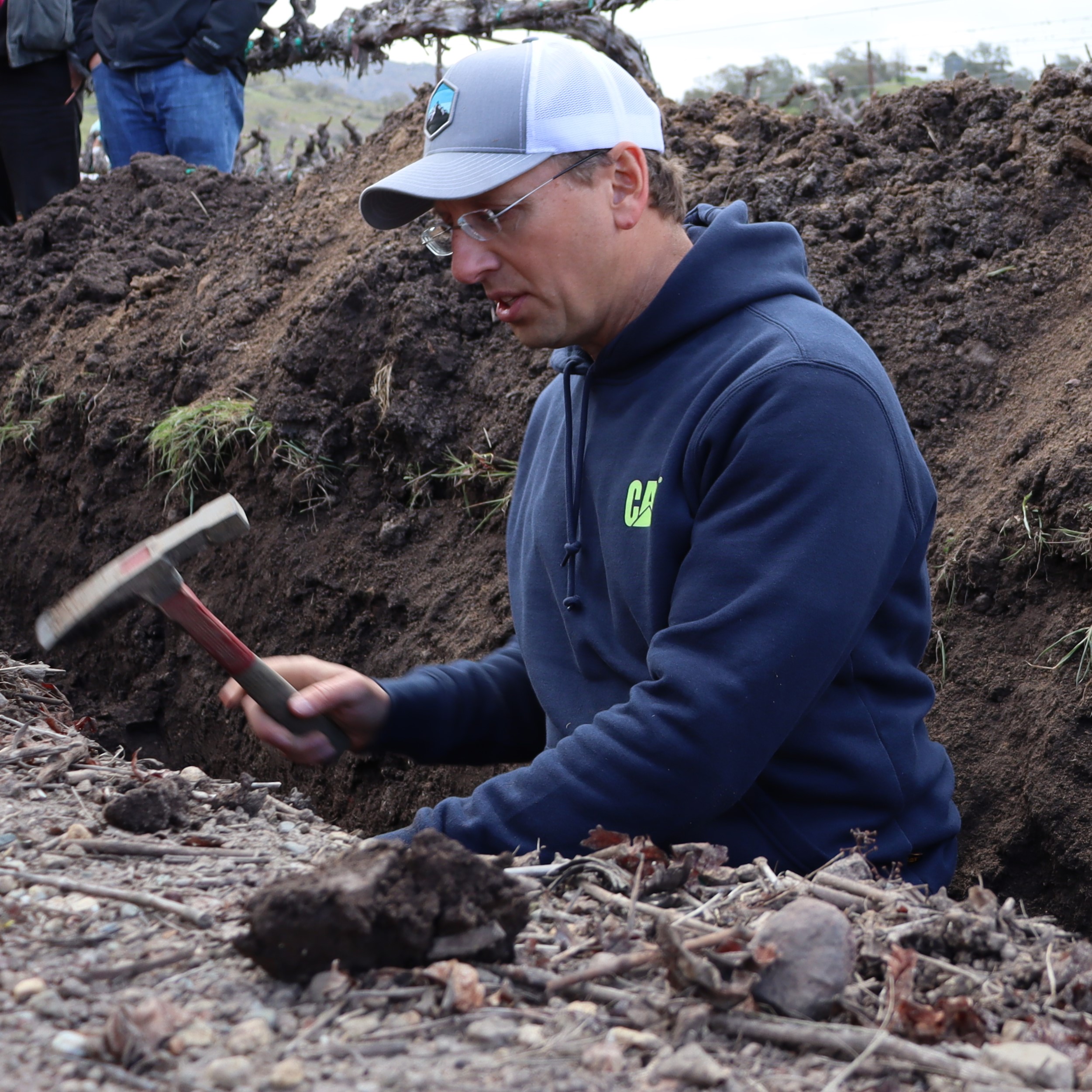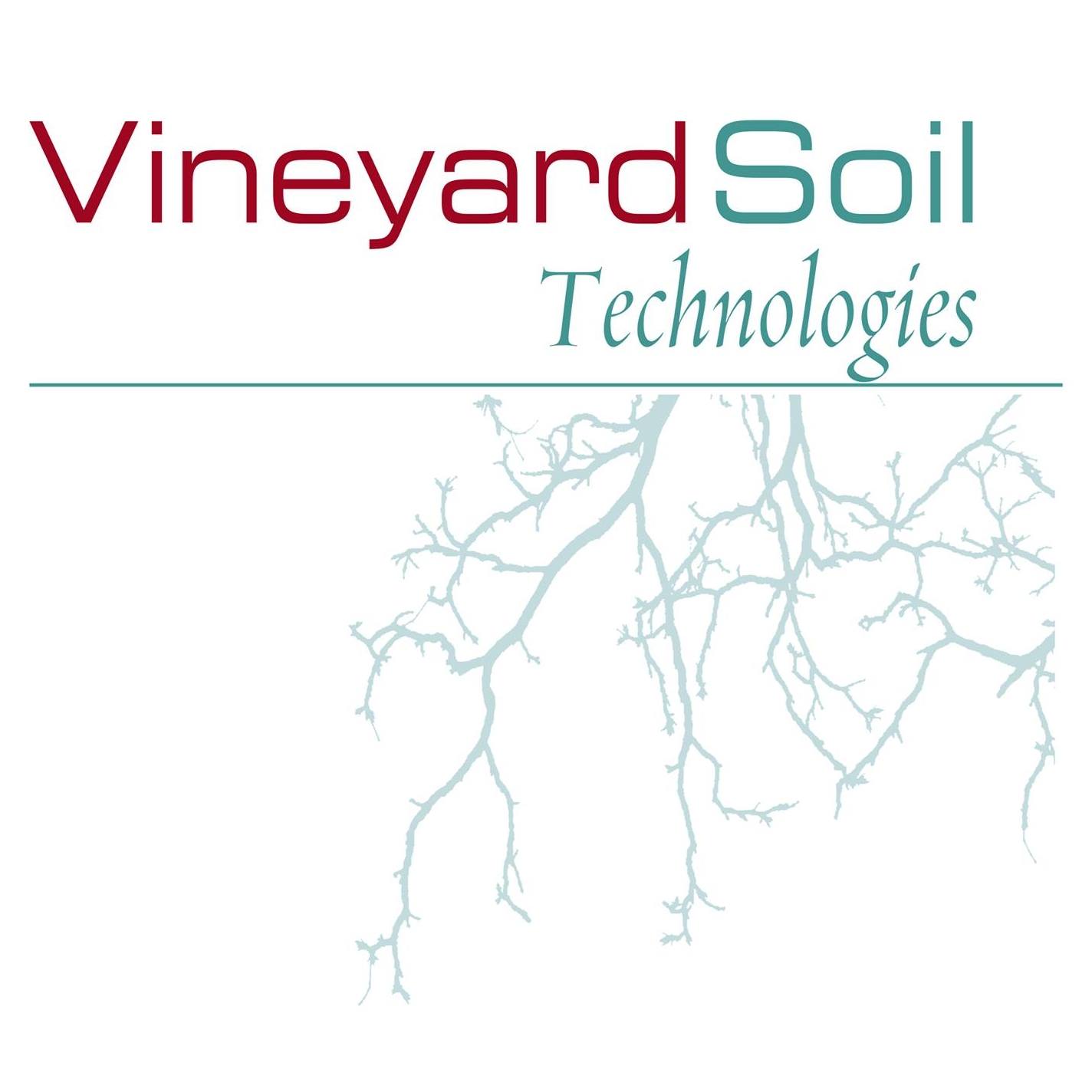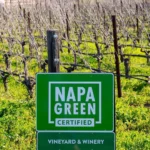Soil Health Analysis Workshop with Vineyard Soil Technologies
This workshop covered the hows and whys of soil sampling. Nick Madden from Vineyard Soil Technologies explained the soil health principles we can learn from our soil test results. The group investigated soil sample results from the workshop site, and reviewed what we can learn from a soil pit on-site, and how to take samples for lab analysis, as well as some in-field tests you can do in your own vineyard.




